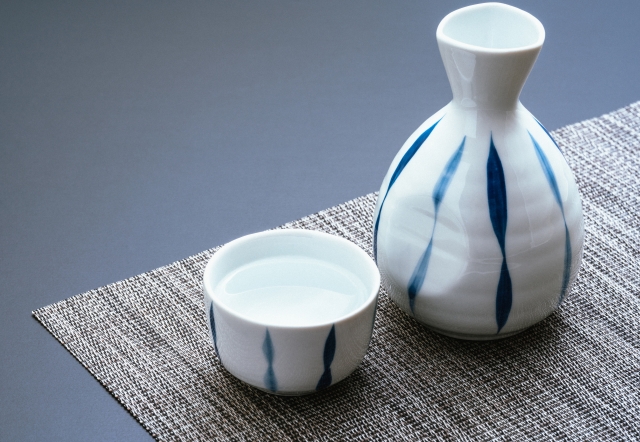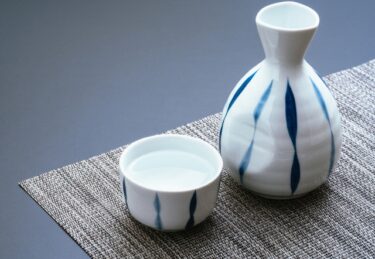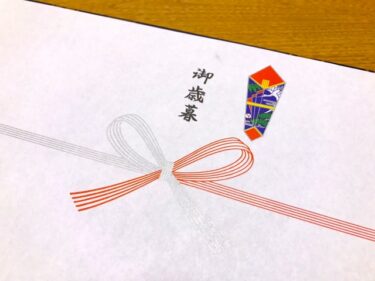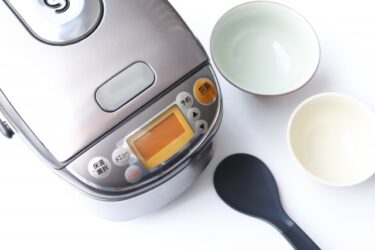In Japan, the term taku-nomi (宅飲み), meaning “drinking at home,” became a widespread trend during the COVID-19 pandemic. While people had always been able to purchase alcohol at supermarkets and liquor stores for home consumption, the pandemic accelerated this habit. Along with the drinks, people began buying prepared dishes, similar to what you might find in an izakaya (Japanese pub) or bar, from high-end department store food sections (depachika) or the deli sections at supermarkets. Now, even as life returns to normal, many people still enjoy taku-nomi as a more affordable and convenient alternative to going out. With the economy in a sluggish state and the yen weakening, some people choose to alternate between taku-nomi nights and evenings out at izakayas to balance their spending. This growing trend offers an interesting opportunity for foreigners living in Japan to experience a unique aspect of Japanese culture.
What is “Taku-Nomi”?

Taku-nomi refers to the act of drinking alcohol at home, often accompanied by various dishes, making it a more casual and affordable alternative to going out. Before the pandemic, most people preferred to socialize and drink in izakayas, bars, or restaurants. However, during lockdowns and restrictions on dining out, taku-nomi became a popular way to replicate the izakaya experience at home. While convenience stores and supermarkets had always sold alcohol and simple snacks, people started looking for more sophisticated options, such as prepared dishes from depachika or supermarkets, which resemble the food served in bars or izakayas.
These dishes include items like sashimi, karaage (fried chicken), and even small tapas-style portions. This allows people to curate their own home dining and drinking experience without the need to prepare everything from scratch.
Why Taku-Nomi Remains Popular

Even though dining out is now possible again, taku-nomi has maintained its popularity for several reasons. First, it’s more budget-friendly. With inflation and the weakening yen, many people find it cheaper to buy alcohol and side dishes from the supermarket rather than going out to izakayas, where drinks and food can add up quickly. At home, you can enjoy the same quality of food and drinks, often at a fraction of the cost.
Secondly, taku-nomi offers flexibility and comfort. At home, there’s no time limit, no crowded environment, and no pressure to order more than you need. It’s a relaxed way to enjoy a drink without the noise or formalities of a restaurant. For those with busy work schedules, it’s also easier to unwind at home after a long day without the hassle of commuting to and from a bar or izakaya.
How to Enjoy Taku-Nomi as a Foreigner in Japan
For foreigners living in Japan, taku-nomi presents an excellent opportunity to experience Japanese drinking culture from the comfort of your own home. Whether you’re a fan of sake, shochu, or Japanese beers, you can find a wide variety of alcohol options at any supermarket or convenience store. Pair these with delicious Japanese side dishes such as edamame, tempura, yakitori (grilled chicken skewers), or even sushi, which are readily available at most supermarkets or depachika.
If you want to add a more traditional flair, consider trying a Japanese drinking set, which includes small ceramic cups for sake or shochu. You can also try making simple izakaya-style dishes at home, like grilled fish or tofu salad, to recreate the full izakaya experience.
A Balance Between Taku-Nomi and Dining Out
While taku-nomi is certainly more affordable, many people still enjoy going out to izakayas or bars for the social aspect and the unique atmosphere these places offer. As a result, some people choose to balance their nights between staying in and going out. On weekdays, after a tiring workday, taku-nomi might be the preferred choice for relaxation. However, on weekends or special occasions, they might opt for a night out with friends at a local izakaya.
For foreigners in Japan, this balance offers the chance to explore both the home drinking culture and the vibrant nightlife. By alternating between these experiences, you can gain a deeper understanding of how Japanese people approach relaxation and socializing over drinks.
Conclusion
Taku-nomi has become a permanent fixture in Japanese lifestyle, even as the country has moved beyond the pandemic. Its affordability, convenience, and relaxed atmosphere make it an appealing option for many. For foreigners living in Japan, embracing taku-nomi can provide a unique and intimate way to engage with Japanese drinking culture. Whether you’re looking to save money or simply enjoy a quiet night in, taku-nomi offers a slice of modern Japanese life that’s both accessible and enjoyable.








